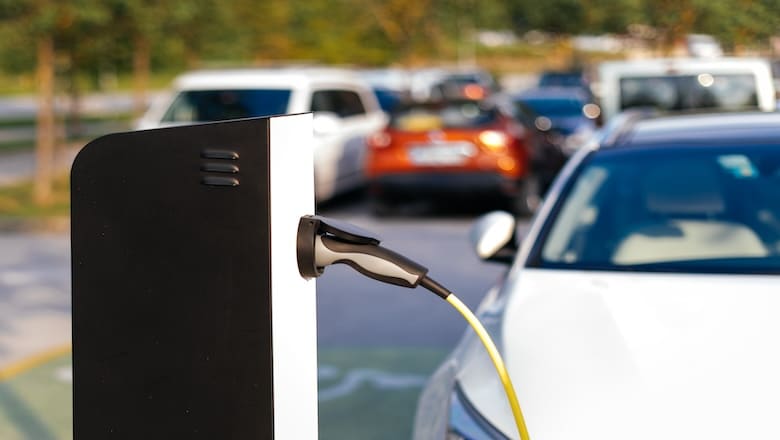New financing opportunity available for energy-efficiency projects at Boston nonprofits
As the coronavirus shutdown has threatened nonprofits’ funding, opportunities to find cost savings are more important than ever. Simultaneously, Boston-based nonprofit institutions are striving to meet the City’s carbon neutrality goals. But installing energy-saving measures can require investments that many nonprofit institutions are unable to make. The Tax-Exempt Lease Program, or TELP, through the Boston Industrial Development Financing Authority, makes these investments possible.

Join us for an information session
Learn more about TELP from our December 9, 2020 information session.
Boston nonprofits can take advantage of an affordable energy-savings program with no up-front costs, thanks to the tax-exempt lease program (TELP) of the Boston Industrial Development Financing Authority (BIDFA). As an approved performance contractor of the program, GreenerU can work with museums, universities, private schools, hospitals, healthcare centers, and other 501(c)(3) entities to identify and implement comprehensive energy upgrades.
The building owner enters into contracts with energy service companies (i.e., ESCOs) to perform the work of finding energy savings opportunities and managing the implementation process.
Benefits to nonprofit institutions include:
- Cost-neutral financing to upgrade building facilities to newer, better-functioning HVAC and other equipment
- Reducing greenhouse gas emissions, per the City of Boston’s goal of becoming carbon neutral by 2050
- The lowest-available interest rates, due to BIDFA’s tax-exempt status from state, federal, and alternative minimum taxes
- Ultimately realizing full energy and cost savings after the project’s payback period
Serving in the capacity of an ESCO, GreenerU would:
- Perform an initial audit to find the greatest energy-savings potential
- Work with key institutional personnel to identify projects
- Self-perform or manage project implementation
- Engage building occupants to get feedback and minimize disruption to the activities of the space
- Guarantee that enough energy savings to cover the up-front capital costs of the improvements over the length of the contract
What is performance contracting?
Performance contracting is a tool to increase energy efficiency while guaranteeing energy savings are enough to cover the costs of the project. Contractors like GreenerU are paid through energy cost savings, which means we look for projects that will generate the most energy reduction.
After the performance period, the participating institution keeps 100% of the savings. Participating institutions will not only see positive cash flow throughout the project lifecycle, but they will get that cash flow with no risk of a savings shortfall. If savings are less than anticipated, participants pay less.
Types of projects
A range of energy-efficiency projects can be implemented under TELP. Some of the most common projects, or combination of projects, include installing occupancy sensors and controls, building automation system improvements, boiler economizers, laboratory efficiency measures, and more.
Participating institutions are expected to continue seeing significant cost savings resulting from reduced energy use following the payment period of the program (up to 20 years).
Disclosure
The credit of the borrower, and not that of the City of Boston, BIDFA, or the Commonwealth of Massachusetts, is pledged to repay this lease.
Contact us if you’d like to schedule a conversation to talk about TELP or other energy-efficiency financing opportunities.



